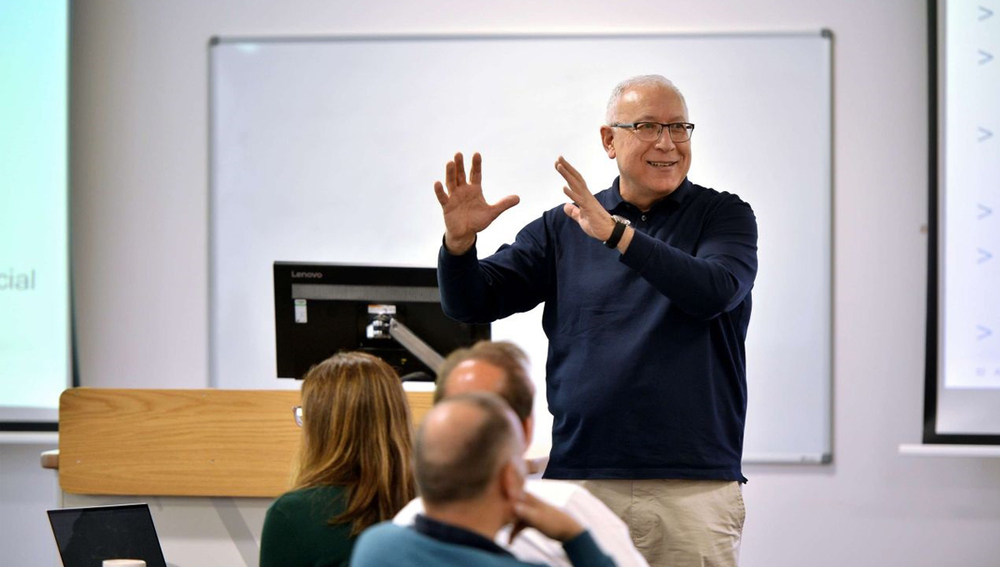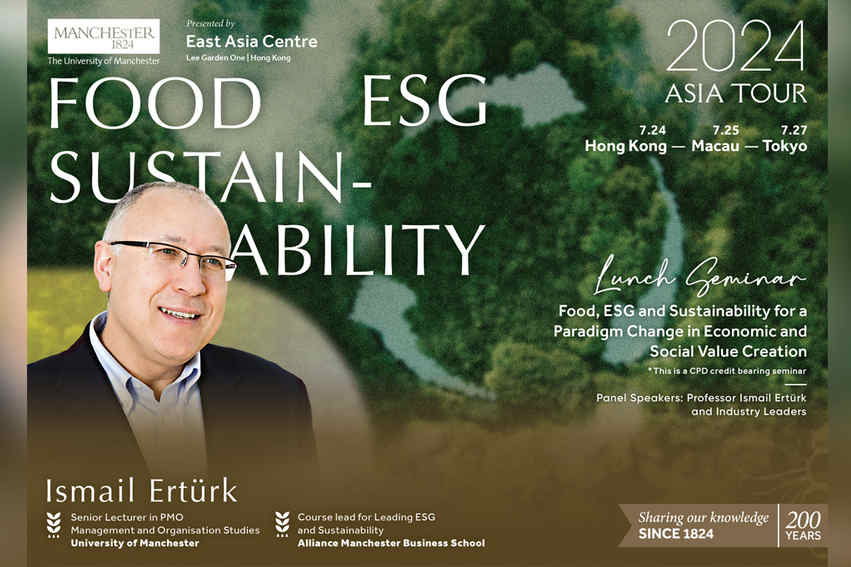
By Professor Ismail Ertürk, The University of Manchester
In the corporate and financial world there is a tendency to see sustainability and ESG (environment, social and governance) responsibilities and achievements mainly from a valuation perspective as the popular mantra of “doing well by doing good” succinctly expresses.
This mantra creates a risk that monetary value should be the ultimate measure of success. The current backlash on ESG is an outcome of such short-sighted approach to value. This creates a more serious risk of financialisation where our financial markets, in pursuit of annually calculated returns, become disconnected from building a green and equitable real economy in the long term. Therefore the corporate world, policy makers, and the academia should work together to create appropriate set of values that inform valuation calculations in transitioning to a net-zero world and green economy.
To this effect under my academic and research guidance the University of Manchester’s East Asia Centre has coordinated with the leading culinary and hospitality institutions in Hong Kong, Macau and Tokyo to organise events on “Food, ESG and Sustainability”. Our universal food and agricultural traditions and practices that go back millennia and are reinterpreted by contemporary culinary entrepreneurs and chefs provide us food for thought in searching new values for corporate world in integrating sustainability and ESG in their business models. The restaurants where we will hold our events, Roganic in Hong Kong and UTM Educational Restaurant in Macau, have Michelin Green Star status and the Mandarin Oriental Tokyo implements the Global Sustainable Tourism Council criteria.

The culinary, food and hospitality industries are naturally more exposed to discussing value and valuations because humanity’s accumulated knowledge and practices over the centuries are central to their business models and financial sustainability. Our events in Hong Kong, Macau and Tokyo will bring together the food and hospitality worlds, businesses and financial institutions to collectively re-imagine and enhance our ESG and sustainability frameworks and policies by learning from successful chefs, restaurants and hotels that made sustainability and green practices the essence of their business models. In my research and the ESG and Sustainability course I lead at the Alliance Manchester Business School I aim to re-define what is economically valuable in transitioning to a net-zero, socially equitable and sustainable green economy.
The United Nation’s Food and Agricultural Organisation’s (FAO) research demonstrates that the global human activities in producing food and engaging in agricultural practices cause one of the biggest damages on the environment. But at the same time the agricultural and culinary practices are a huge reservoir of human value and knowledge systems that go back millennia and define our relationship with nature. Then, how can our modern concerns and searches related to ESG and sustainability learn from, enter into a dialogue with the traditional and modern methods and values in the culinary and hospitality sectors. Successful contemporary culinary entrepreneurs and hospitality businesses with roots in universal traditional knowledge and values can contribute to debates in corporate and policy worlds on changing the financialised mind-sets regarding ESG and sustainability frameworks.
Registration No. 250144. It is a matter of discretion for individual employers to recognise any qualification to which this course may lead.to which this course may lead.

